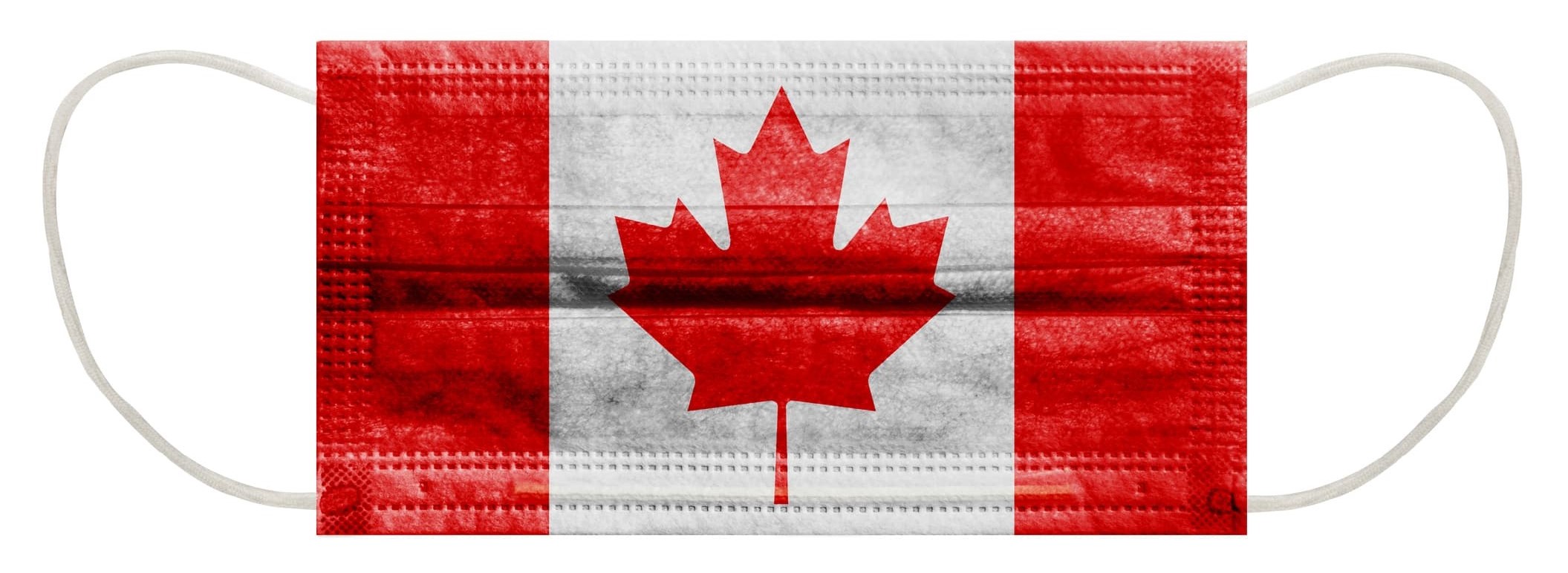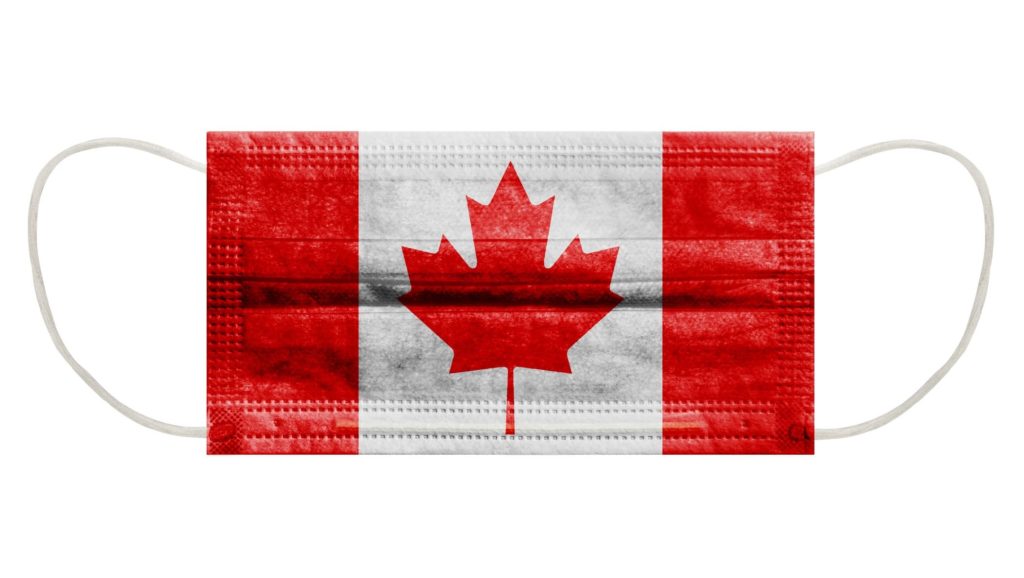
Can Canada’s generous permanent residency programs & services survive the COVID-19 pandemic?
The Canadian government has made great efforts in the face of the coronavirus pandemic to accommodate and improve immigration services for a select few. These efforts often focus on temporary workers or international students—two things that have an immediate economic benefit to Canada.
But what about permanent resident visa holders? What about refugees? What about permanent residents already in Canada who want to express their commitment to Canada by becoming citizens?
As IRCC learns to adapt to the pandemic, it’s important to ask if enough is being done for those who don’t provide immediate financial gain to the Canadian economy.
Indefinite delays for citizenship tests/interviews
Permanent residents in Canada who wish to take the knowledge test for Canadian citizenship or attend their citizenship interviews are facing indefinite delays. There is no timeline to restore these services, leaving the citizenship dreams of many in limbo.
Sedra Alshamaly, a 12-year-old permanent resident from Syria told CBC News, “It’s been very stressful because we’re just lost,” she said. “We just want to wake up from a long dream realizing that we’re finally Canadian citizens.”
Refugee admission shortfalls
The federal government’s 2020 goal for refugee resettlement was 32,000. So far this year, only 6,000 have been resettled. This is a major shortfall that will be difficult to offset. IRCC is now processing approximately 250 refugee cases a week. But with only eight weeks left in the calendar year, the 32,000 goal seems all but impossible to reach.
Refugees are fleeing persecution and seeking the protection of Canada, but they also risk their lives to protect Canadians. Many refugees and asylum seekers were frontline workers at the height of the pandemic, risking their own safety and their family’s safety to protect Canadians.
Without a robust refugee intake process in the years preceding the coronavirus pandemic, Canada would struggle to find frontline workers. If the refugee pipeline is not reestablished, Canada could face future crises with less dedicated frontline workers to face it. Not to mention the risk to the refugee themselves as the pandemic worsens the economic and political situations in their home countries.
Permanent resident visa holders
Canada is facing a massive immigration slowdown that has decimated the 2020 immigration targets set forth earlier this year, prior to the COVID-19 pandemic. In response, Canada’s historic new three-year immigration plan includes accepting 1.2 million new Canadians.
But what about permanent residents who have their visas but cannot come to Canada. As of now, only permanent residents who have been granted their visas prior to March 18 can land in Canada (with the exception of successfully approved family sponsorship applicants who are free to enter Canada regardless of the date of issue of their visa, provided it is still valid).
This has left thousands in limbo in precarious situations. Many have left their jobs and sold their homes to start their new life in Canada, only to be told their travel to Canada is not considered essential.
Hundreds of thousands have come to Canada as students, workers, and returning Canadians in recent months, despite travel restrictions. If students, workers, and returning Canadians can come to Canada safely, permanent resident visa holders should not be unfairly singled out.
Spousal sponsorship
Spousal sponsorship is one of the very few bright spots in this story. At the beginning of the pandemic and for the many months that followed, spousal sponsorship application processing was greatly slowed.
Protests across Canada sprung up to pressure the government to address the backlog of sponsorship applications. In response, the government announced significant efforts to reduce the backlog of sponsorship applications to much success.
Whether similar efforts can be done to address other immigration slowdowns is yet to be seen. IRCC has finite resources. But as the second wave of the COVID-19 pandemic rages, the government must learn to adapt faster or risk serious complications to Canada’s immigration-fueled growth strategy.
